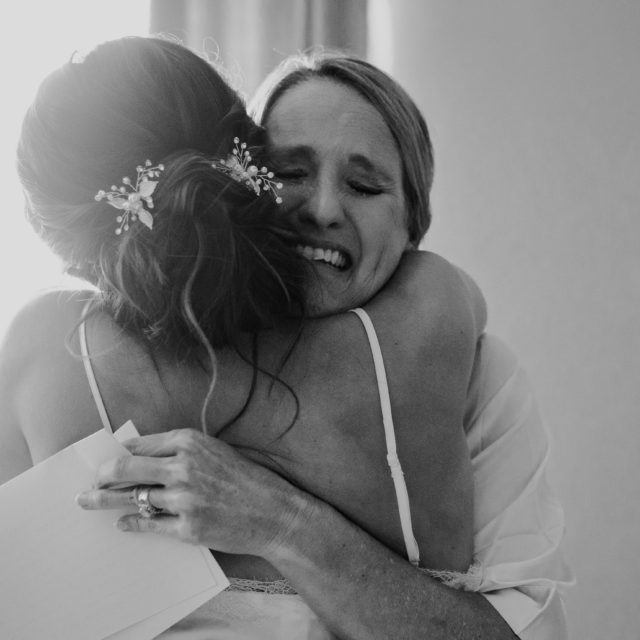 How many times have we heard or even said the statement: “if you need anything I’m here” or “it gets easier with time” “I am so sorry for____” Disclaimer, this is not to make anyone feel bad nor is this about a specific person, just my thoughts on how we all can be better equipped with supporting the people we love who are struggling!
How many times have we heard or even said the statement: “if you need anything I’m here” or “it gets easier with time” “I am so sorry for____” Disclaimer, this is not to make anyone feel bad nor is this about a specific person, just my thoughts on how we all can be better equipped with supporting the people we love who are struggling!
What does the statement “I am here if you need anything?” mean? Like if I am struggling at 3 am crying, you’ll pick up the phone? Probably not, right? Neither would I cuz ya girl needs her sleep, and I am a sound sleeper. So when we tell someone that we can be there, what we are saying is I can be there when it is convenient for me, and that’s not a bad thing nor something anyone can get mad at you for. We all have lives, our struggles, and taking on someone else’s is hard. I think most people say these things to each other to connect, to maybe make themselves feel a bit better.
As I sit here and reflect on my recent struggle with losing my Mom, I think back to things I have said to my friends who have gone through hard times. It doesn’t have to be loss or death, but anything that causes you to struggle. Bad breakups, fights with family or traumatic experiences and when I think back to what I have said in the past, it’s been the “I’m here anytime” “time will help,”, “I am so sorry”, but as people say it to me, I find that there isn’t much is behind these words. Not purposefully, but in not being able to empathize and put yourself there. It is almost like we have been trained to say the words, make someone feel better so that they can move on and we don’t have to see or feel icky with them. In reality, though, we all can imagine what they must be feeling. We just want it to go away, that easier right? Rather than head-on facing what is going on? I am not an expert here, but from what I have endured and seen, people would rather not bring things up not wanting to cause “more” pain. Does this really help? Is this the best way to be supportive of someone close to you? Personally, my answer is no.
 I want to give you some tips on how, as a person who is struggling, I would like to be supported. Now I am not a researcher, or expert so these are not the only ways or even the “best”. Ask the person how they want to be supported. The best way to know is to ask the source themselves. Anyway here are my 3 tips!
I want to give you some tips on how, as a person who is struggling, I would like to be supported. Now I am not a researcher, or expert so these are not the only ways or even the “best”. Ask the person how they want to be supported. The best way to know is to ask the source themselves. Anyway here are my 3 tips!
1. Acknowledge the feeling and thank them for being brave enough to share with you
I say this because sharing any feeling, disclosing any information about something happening in your life is HARD. It’s scary, and to hear someone say, “I am so sorry” doesn’t help. When I think about it, having someone sit with me in that feeling is what is more comforting, even if we don’t talk. Even if you can’t imagine what it would be like, be honest and say “I don’t know the feeling, but thank you for sharing”, because most of the time we are not looking for someone to “fix” the problem or apologize for something the person you share with can’t control, but rather looking for connection, human connection to give us a sense of normal when our world is anything but at the moment. Acknowledge, affirm, and sit, seems simple, but can be quite tricky when we are so accustomed to doing the opposite. Try it. See how the other person feels, or imagine what it would be like for someone to do this for you!
2. Check-In, don’t wait for them to come to you
If you know someone is struggling, going through emotional trauma, suffered a trauma, don’t wait for them to reach out. Be the first, open the door for them. Rather than saying, “I am here anytime,” ask, how are you holding up? Is there anything you need/want at this moment? Do this when the dust has “settled” when there aren’t any more meals being made when life goes back to moving on. For the person struggling, life feels a little bit duller, a missing link, and we continue to move on with our grief and struggles. We don’t “get over them.” So check-in, eight months down the road, one year down the road. I won’t reach out to someone, because my problems are not theirs, and for me to put that on someone else causes me more stress. I know I am not alone in this because part of society teaches us this subconsciously. If we have problems, let’s not talk about them or show them. We need to show the perfect put-together self when, in reality, I would say 100% of us don’t. Reach out to them and ask, it won’t make them feel bad; instead, think that they are not alone in a world that can be so isolating emotionally. Remember, you bringing anything up won’t cause them to feel worse because chances are, they think about it 24/7. Let them tell you no I can’t talk about it right now, and believe me they will if they are not in the mood, or at least I will! Reaching out shows you care.
3. Be an ear not a mouth
What I mean by this is similar to number two. Instead of giving advice or your opinion, not that your opinion is right or wrong, it is that sometimes it isn’t needed. (insert the Real Housewives of Orange County “THAT’S MY OPINION!!!!!!” meme LOL) By being an ear, you are listening to understand not to respond. Being the ear is such a fantastic way to look at how we can be better at communicating with each other. When you listen to respond, you are not actively listening to what the other person is delivering, but rather thinking about what you should be saying back to them. Sometimes this is helpful when asked for advice, but at least personally, I am not looking for someone to give me advice, but instead to hear me and hear what I am saying. I think this is such an easy way to be there for someone who is struggling. I like to rephrase what I listened to the person say; “what I heard you say was______” this allows for the person to agree or to explain more in-depth into what they are meaning. To be heard is such a powerful thing, and being that for someone can mean more than you’ll ever know. When you are reaching out, be the ear, not the mouth. Just listen and be with them in that feeling!
Overall, the best way to be there is to be there. Listen and listen to what someone is saying to you. I am not a mental health expert, nor am I claiming to be, but being someone who has suffered trauma, loss, etc. I can tell you from my personal experience this is the best way I can show up for someone and how they can show up for me!
 What are the ways that you need people to show up for you? Would any of this be something you could see yourself doing/using? I hope that this helps anyone better show up for their friends, family, co-worker, or anyone!
What are the ways that you need people to show up for you? Would any of this be something you could see yourself doing/using? I hope that this helps anyone better show up for their friends, family, co-worker, or anyone!
Honestly Elise




